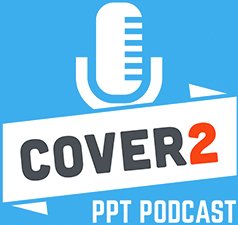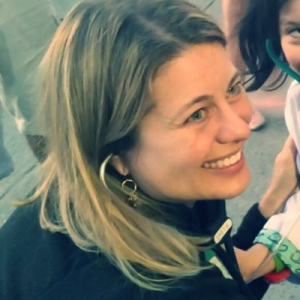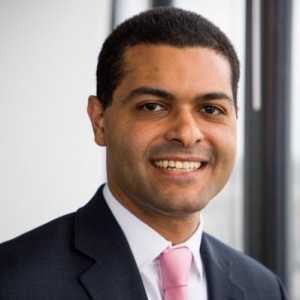About 21 million Americans struggle with addiction every day, yet only ten percent receive treatment. While that percentage is shockingly low, the reality is that traditional methods of aid are inaccessible for many people, even if addicts are ready for treatment.
Fortunately, many organizations recognize this issue and are creating paths to make treatment more accessible. Two innovative programs that are literally taking treatment to the streets are Boston Massachusetts’ Care ZONE, an on-wheels overdose treatment facility, and New Jersey’s Mobile Intensive Care Unit (MICU), paramedics equipped with lifesaving Suboxone.
To guide us through these innovative programs is returning guest Dr. Jessie Gaeta, the Chief Medical Officer for the Boston Healthcare for the Homeless Program, and Dr. Shereef Elnahal, Commissioner of the New Jersey Department of Health.
We first met Dr. Gaeta three years ago, when we discussed her Supportive Place for Observation and Treatment (SPOT) program. Today, she shares her insight into her latest project, Care ZONE, a mobile treatment facility helping to bring aid to opioid addicts unable to visit treatment centers.
Furthermore, Dr. Elnahal discusses the progress the MICU has made by adding the gold-standard of opioid addiction treatment drugs, Suboxone (buprenorphine and naloxone), to their overdose recovery arsenal.
Given these success stories, many people argue that it’s time to relax our tight regulations on Suboxone prescriptions and remove obstacles for recovery. In the meantime, programs like Boston’s Care ZONE and the New Jersey MICU paramedics, prove that outside-the-box solutions are crucial to making progress against the opioid epidemic.
For the full details of these revolutionary addiction treatment programs, listen to today’s podcast, and be sure to let us know what programs are making a difference in your home town, down in the comments.






Leave A Comment